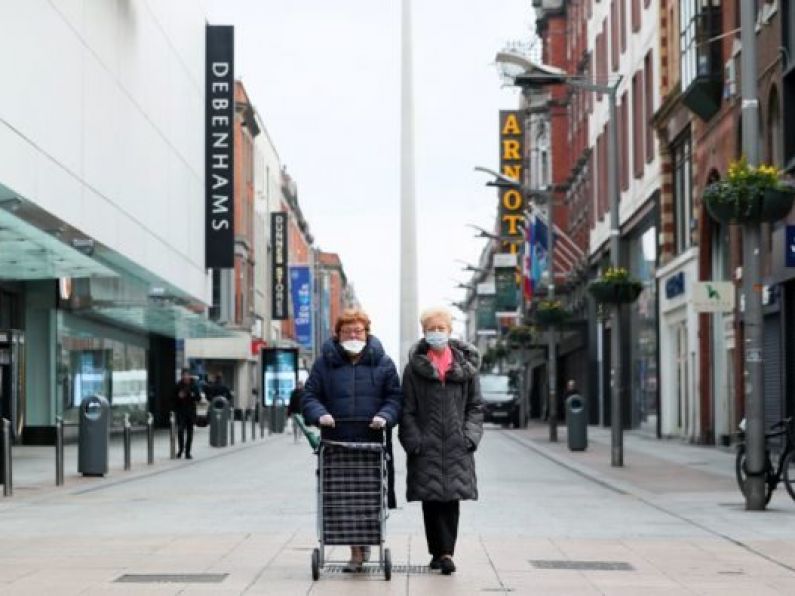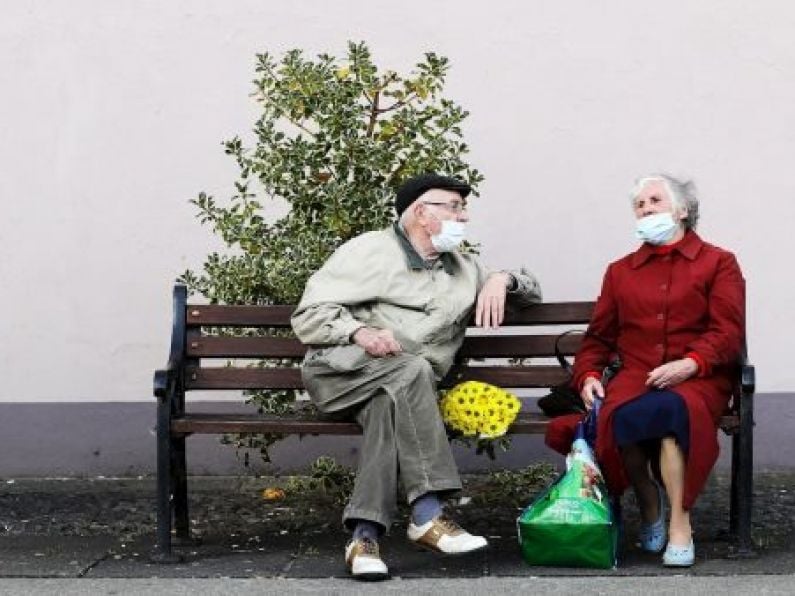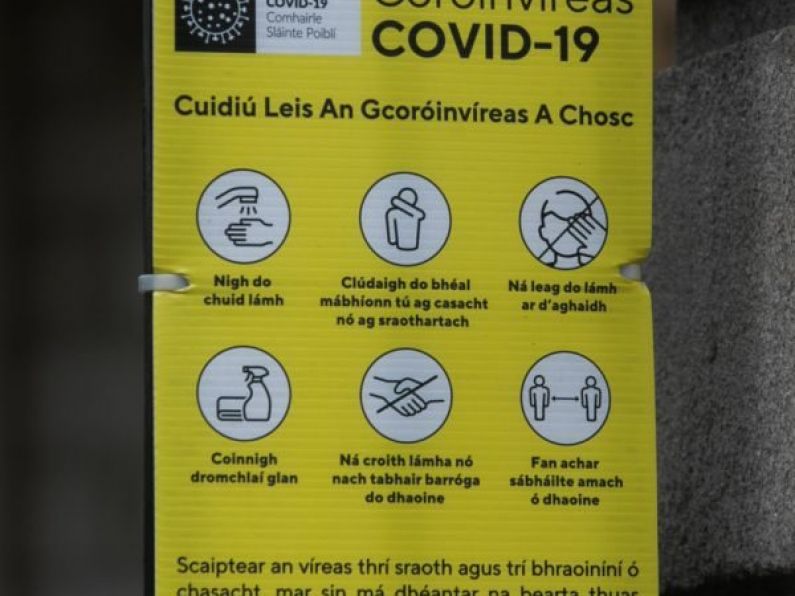By Digital Desk Staff
Patients can become reinfected with Covid-19 shortly after they recover from the virus, The National Public Health Emergency Team (Nphet) has been advised.
The Health Information and Quality Authority (HIQA) has published advice it provided to Nphet, after the watchdog reviewed new evidence relating to the potential of reinfection and the duration of immunity following infection.
The health regulator said at least 14 people across the world have contracted the virus twice, demonstrating that reinfection is possible.
“Worldwide, at least 14 patients have been infected twice by SARS-CoV-2; these reinfections were confirmed by genetic evidence that showed the first and second infections were caused by different viral strains,” Dr Máirín Ryan, deputy CEO at HIQA said.
“It is important to remember, however, that these are rare events.”
All public health advice, including hygiene and physical distancing, should apply to those who have recovered from a SARS-CoV-2 infection
Seven patients were reinfected between 48 and 142 days of their initial infection. Some people suffered a severe form of the virus twice, while others were asymptomatic on both occasions.
HIQA said the phenomenon of reinfection has significant policy implications.
“Infection prevention and control, isolation and contact tracing considerations are not likely to differ for cases of reinfection compared with the first infection,” Dr Ryan said.
“All public health advice, including hygiene and physical distancing, should apply to those who have recovered from a SARS-CoV-2 infection as immunity from reinfection cannot be assumed.”
Immunity
HIQA also reviewed current evidence on the duration of immunity following infection with Covid-19.
“Evidence from 22 studies suggests that IgG antibody levels are sustained for at least two months after infection, and for some even up to six months,” Dr Ryan said.
IgG antibodies are the most common antibody in the blood and a class that is crucial for immune memory and long-term immunity.
Dr Ryan said the levels of neutralising antibodies, which can neutralise the virus and prevent it from infecting cells, decline over time.
She added that these findings have implications for vaccine development and antibody testing going forward, with the potential need for repeat or booster doses of vaccines that focus on generating a strong neutralising antibody response.






